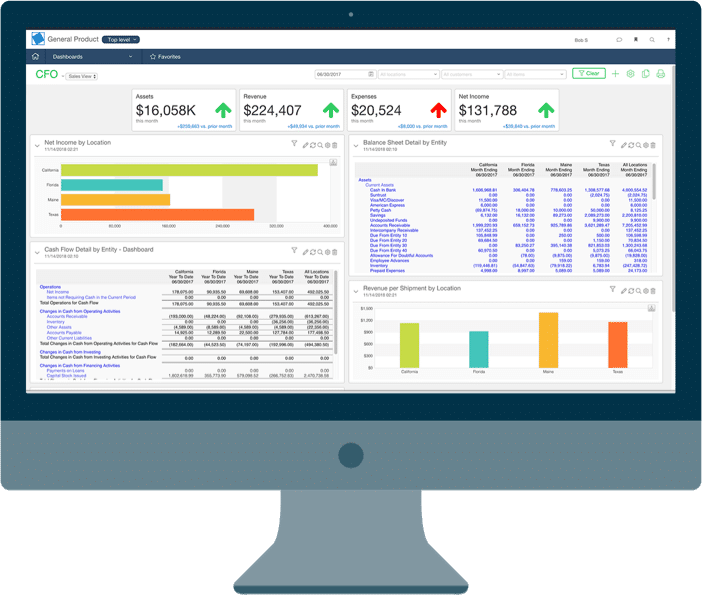The due date for federal income tax returns for businesses in the United States depends on the type of business entity. Here are the typical due dates for different types of business entities:
Sole Proprietorship and Single-Member LLC
A Sole Proprietor is an unregistered business entity using for the most part a single owner’s name, whereas a Single-Member LLC (Limited Liability Company) is one of the most common types of small business in the United States and registers the business entity with the state and separates the personal assets of the single owner from that of the business.
If you are a sole proprietor or have a single-member LLC that is treated as a disregarded entity for tax purposes, your business income is reported on your personal tax return.
Therefore, your business income is typically due on the same date as the individual income tax deadline, which is usually April 15th.
Partnerships
A partnership is a formal arrangement by two or more parties to manage and operate a business and share its profits.
There exist various forms of partnership agreements. Specifically, within a partnership enterprise, all partners bear equal responsibility and enjoy equal benefits. However, in certain cases, partners may have restricted liability.
There also is the so-called “silent partner,” in which one party is not involved in the day-to-day operations of the business.
For partnerships in the United States, the due date for a tax return is generally March 15th.
However, like with individual taxes, if March 15th falls on a weekend or a holiday, the due date is extended to the following business day.


S Corporations
An S corp or S corporation is a business structure that is permitted under the tax code to pass its taxable income, credits, deductions, and losses directly to its shareholders.
There are certain advantages over the more common C corp (see below).
The S corp is available only to small businesses with 100 or fewer shareholders, and is an alternative to the limited liability company (LLC).
S corporations also have a due date of March 15th.
As with partnerships, if this date falls on a weekend or a holiday, the due date is extended to the following business day.
C Corporations
A C corporation is any corporation that does not qualify or elect to be an S corporation under the Internal Revenue Code.
A C corporation is a legal structure for a corporation where the company’s assets are separate from the owners’ assets.
The owners of a C corporation are the shareholders.
C corporations usually have a due date of April 15th.
However, for C corporations with a fiscal year-end other than December 31st, the due date may vary.
It’s important to check the specific due date for your corporation based on its fiscal year-end.
Limited Liability Companies (LLCs) taxed as C Corporations
If your LLC has elected to be taxed as a C corporation, the due date for your corporate tax return will typically be April 15th.
AssetAccountant – saving you from spreadsheets since 2019
It’s worth noting that businesses can request an extension to file their tax returns, which generally provides an additional six months to submit the return.
However, similar to individual taxes, an extension to file does not grant an extension for paying any taxes owed. Taxes owed are generally due by the original due date, and penalties and interest may apply if payments are not made on time.
These dates can change, so it’s essential to consult the IRS or a tax professional for the most up-to-date information on business tax deadlines and requirements.
Additionally, state and local tax deadlines may vary, so it’s important to be aware of the specific requirements in your state and locality.
We take depreciation and leasing seriously
We undertake detailed modelling of fixed asset depreciation and lease calculation rules for both accounting and tax.
We monitor changes to ATO tax rulings and accounting standards like IAS 16 and IFRS 16 so you don’t have to.
And, of course, we are ISO27001 certified.
Why our clients love AssetAccountant


Fantastic product - has literally saved me hours of work.


Ever wanted the big company fixed asset system without all the clunkiness and overthinking on the part of the software developers (I'm looking at you Thomson Reuters...)? Well then you need AssetAccountant. It provides just the right mix of complex depreciation calculations and beautiful user interface. It's a system designed by accountants and executed perfectly by developers. The integration is seamless with Xero (you can sign into AA with Xero credentials which is awesome if you are already running Xero on your browser) and journaling synchs are very flexible between the two applications. Then there is the price. I challenge you to find a more robust fixed asset system at these price points. Well done AssetAccountant.
You get me.
I now have my big boy jocks back on for fixed asset management....and they fit!









Ready to kick some assets?
- AssetAccountant is fixed asset software that automates fixed asset depreciation & lease accounting and posts their journals to the General Ledger.
- AssetAccountant combines detailed interpretation of Tax and Accounting rules with a modern user interface design, to simplify the process of creating and maintaining your fixed asset register.
- AssetAccountant is sophisticated enough for Wall Street, user-friendly enough for main street.
- AssetAccountant is for worldwide application 🌎













































